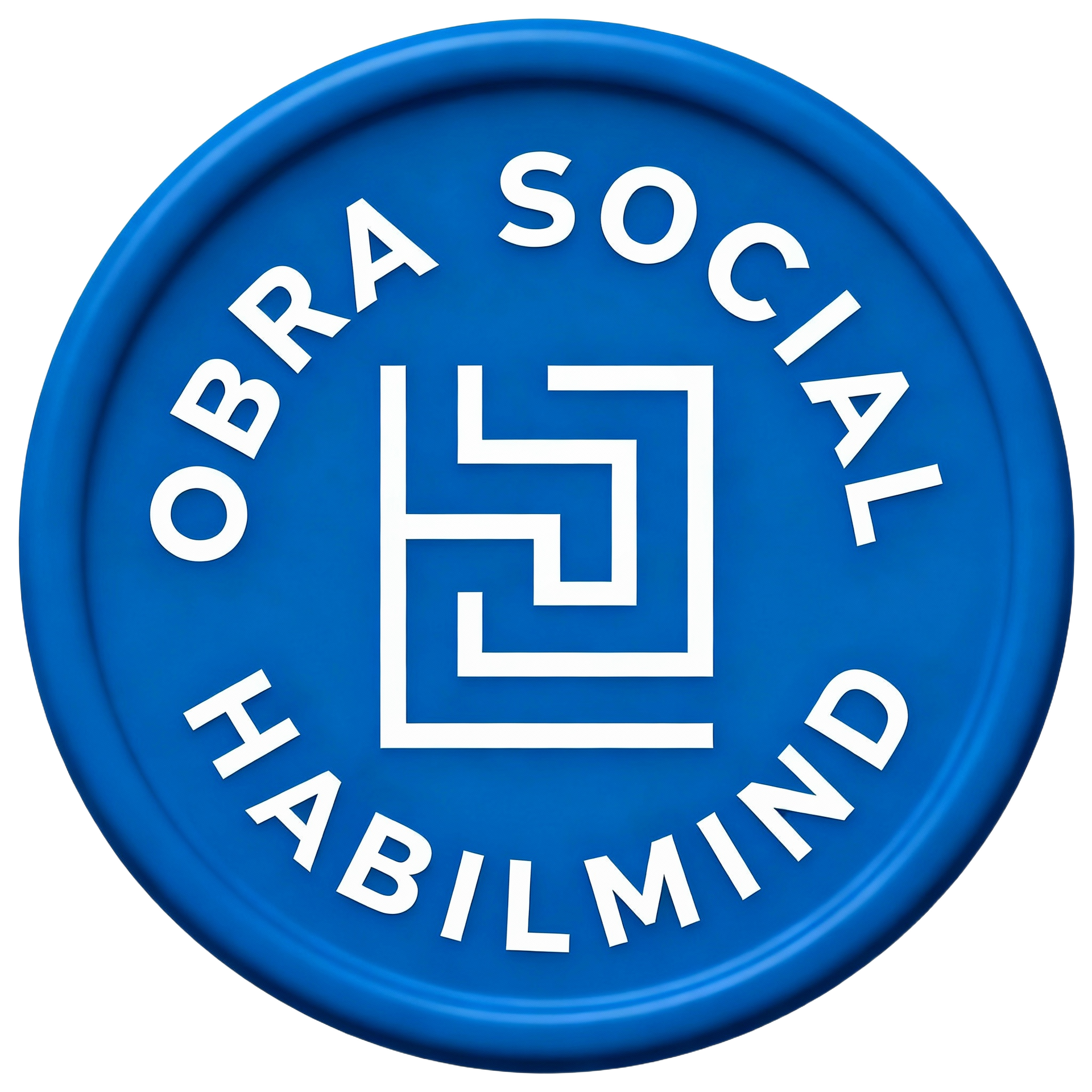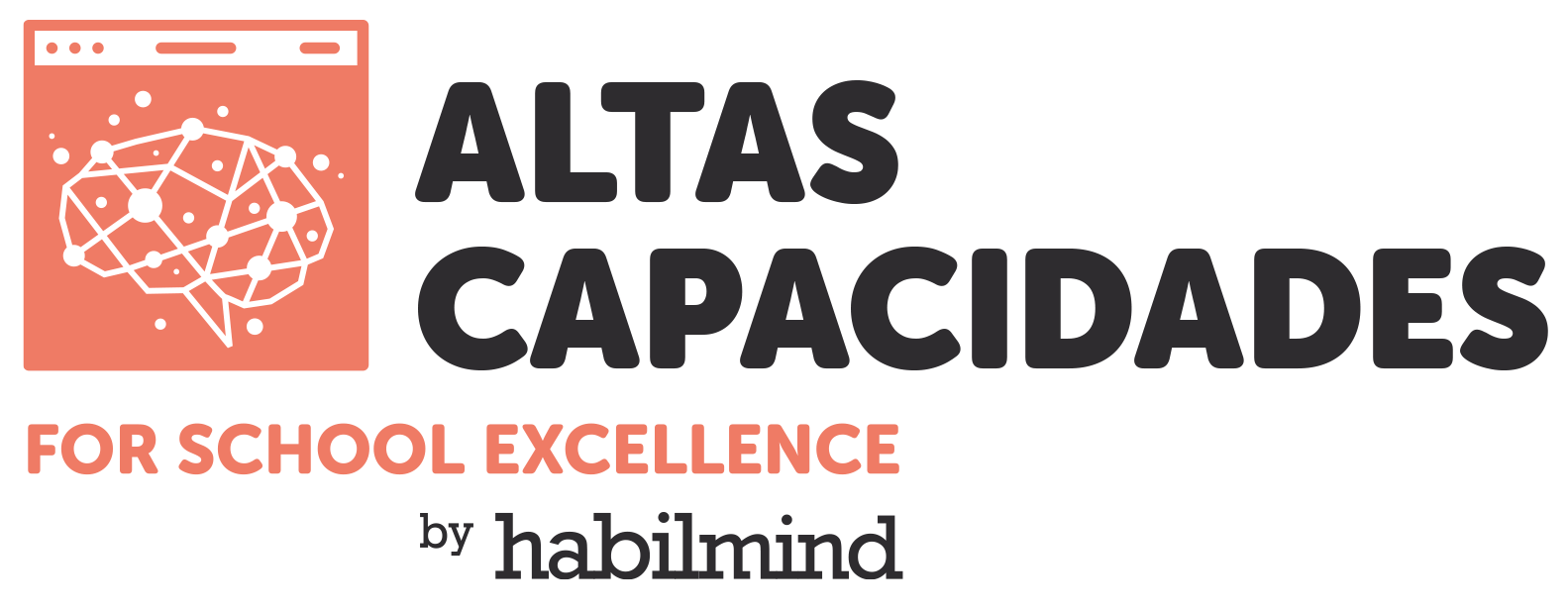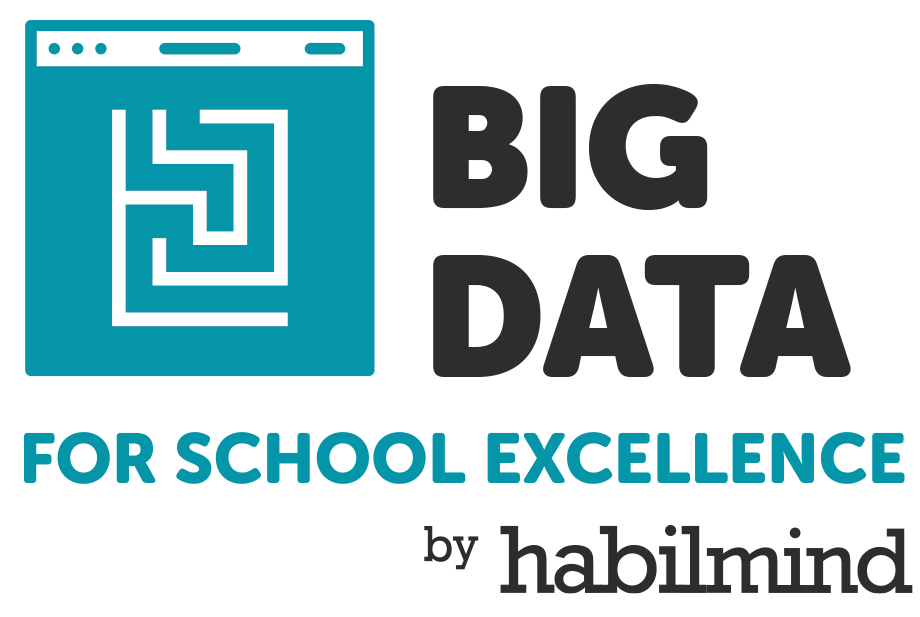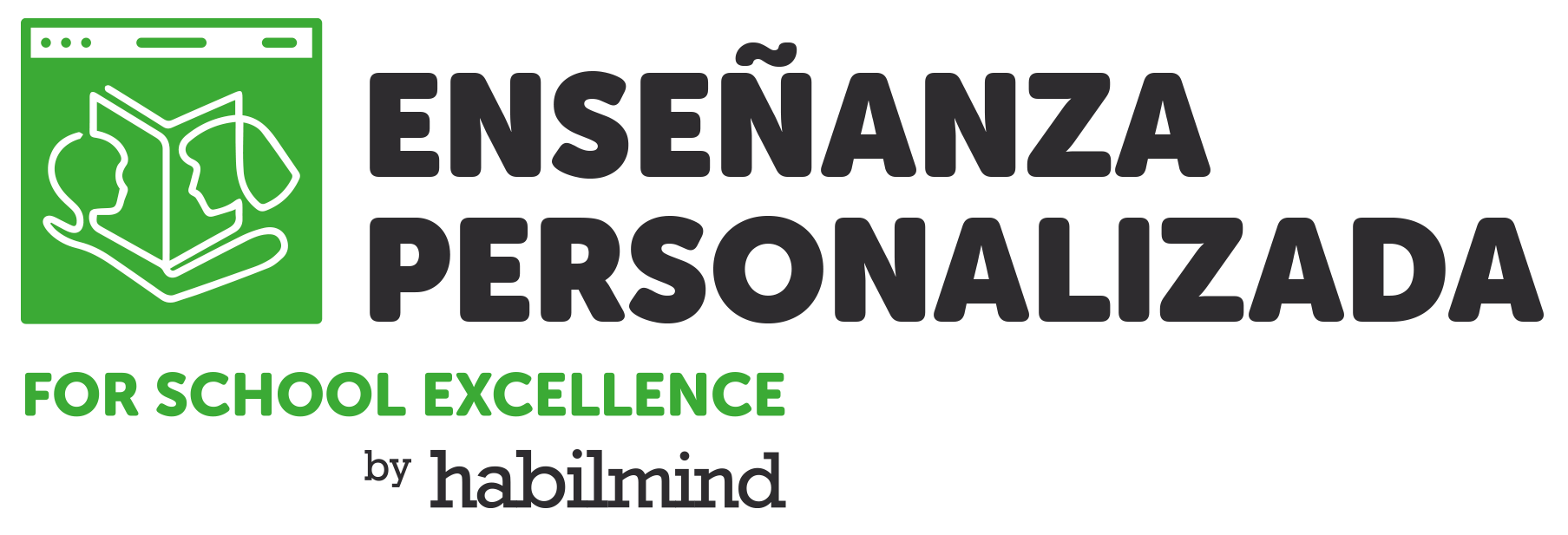Learning wheel

Available for unlimited use with your Habilmind subscription
1. Tools related to socio-emotional factors
1.1 Socioemociograma
Learn moreSociogram + emotional analysis
1.2 Self-concept and self-esteem
Learn moreAnalysis of personal identity development
1.3 Personal Tendencies
Learn morePersonality traits affecting student learning
1.4Emotional well-being screening
Learn moreAnalysis of students’ emotional wellbeing
1.5 Test of Bullying
Learn moreIdentification of potential bullying victims
2. Tools related to cognitive factors
2.1 General Learning Skills
Learn moreExtended version of Fundamental Skills
2.2 Fundamental skills battery
Learn moreAdvanced cognitive analysis
2.3 Learning Styles
Learn moreKnowledge acquisition channels
2.4 Executive functions
Learn moreAssessment of executive functioning skills
2.5 EITEF
Learn moreHigh abilities in Physical Education
2.6 Atiendo
Learn moreAttention levels and ADHD indicators
2.7 Memory
Learn moreDetailed memory assessment
2.8 Mental Calculation
Learn moreSpeed in solving arithmetic operations
2.9 Intelligence Development Scales
Learn moreCognitive test by Carlos Yuste
2.10 Rogers Questionnaires
Learn moreIdentification of high abilities
3. Tools related to physioneurological factors
3.1 Visual Screening
Learn moreAnalysis of key optometric factors
4. Tools related to family and leisure factors
4.1 Professional Preferences
Learn moreHelping students decide on a career path
4.2 Internet Risk Questionnaire
Learn moreStudents' exposure to online risks
4.3 Family Dynamics
Learn moreFamily factors affecting learning
4.4 Family Coexistence
Learn moreEvaluation of family interaction and harmony
4.5 Screen Abuse Questionnaire (CUDAP)
Learn moreEarly detection of technology misuse
5. Tools related to teaching skills
5.1 Self-assessment of teachers' competencies
Learn moreAnalysis of essential teaching skills
5.2 Self-assessment of Digital Competencies
Learn moreSelf-assessment completed by teachers
5.3 Behavioral Styles
Learn moreBased on A. Alessandra and P. Hunsaker
5.4 Decision-making styles
Learn moreAssessment of leadership team traits
5.5 Datámetra: Emotional competencies of teachers
 Learn more
Learn moreFrom the students' perspective
6. Tools related to the quality of the educational center
6.1 Datámetra: 360 Assessment
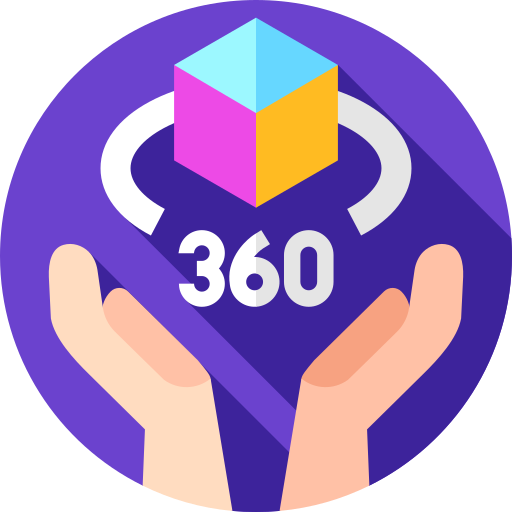 Learn more
Learn moreSelf-assessment + superior assessment + student feedback
6.2 Datámetra: Student Feedback on Teachers
 Learn more
Learn moreAssessment of each teacher by students
6.3 Datámetra: Work environment
 Learn more
Learn moreAnalysis of workplace climate in the school
6.4 Datámetra: Family satisfaction
 Learn more
Learn moreDesigned to gather parents’ perspective
6.5 Datámetra: Student satisfaction
 Learn more
Learn moreCollecting students’ opinions











































